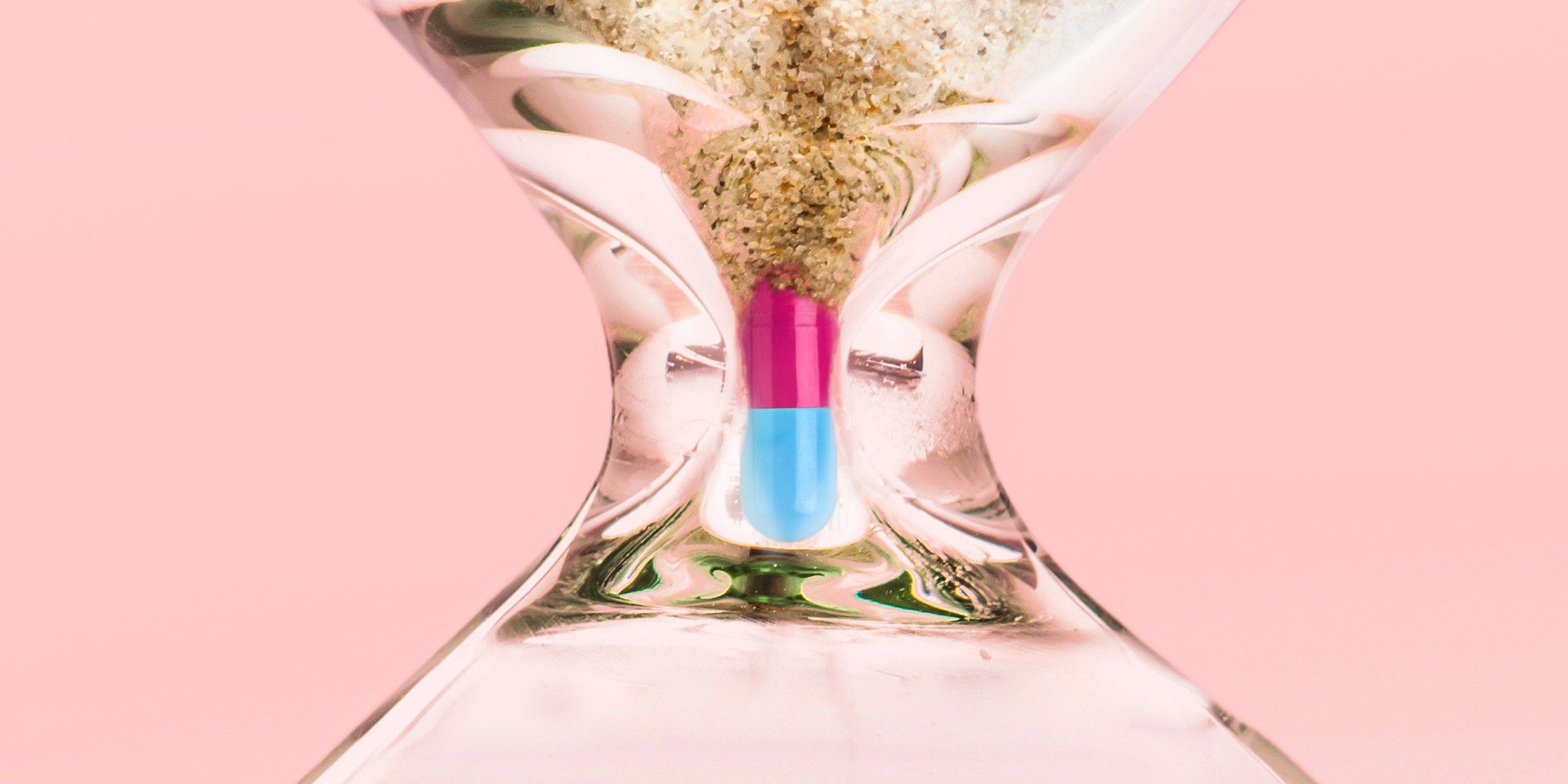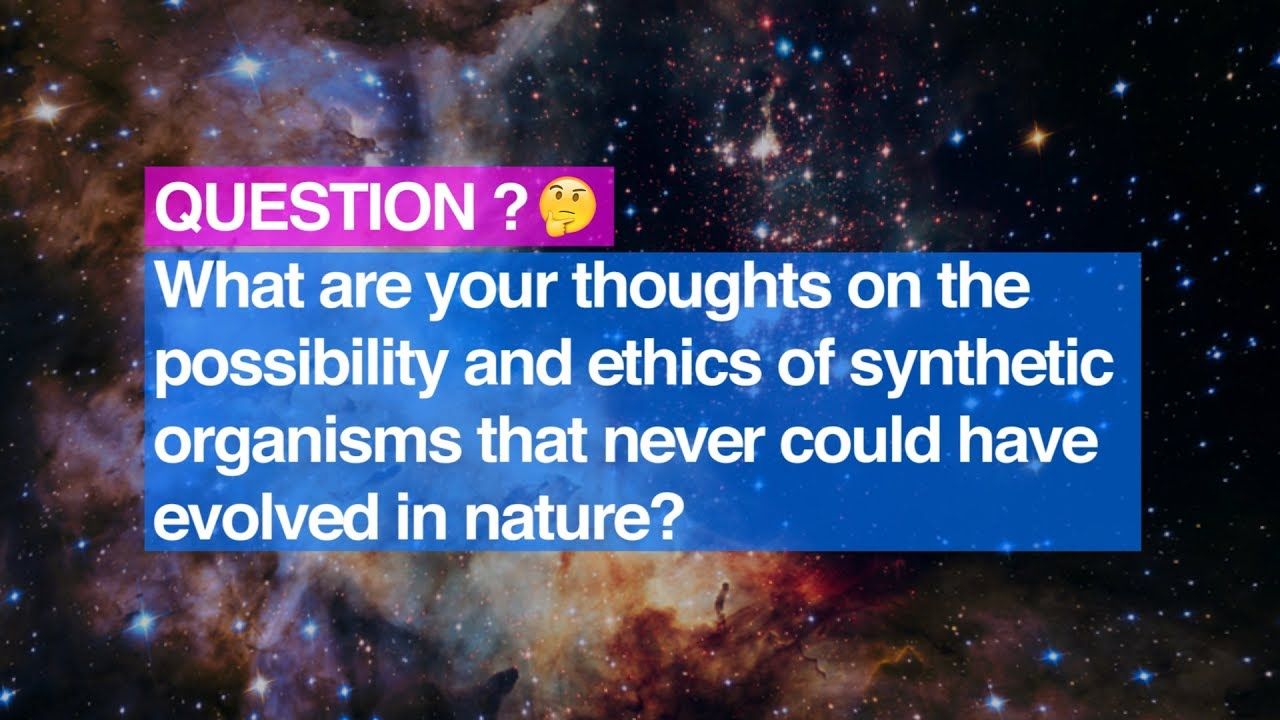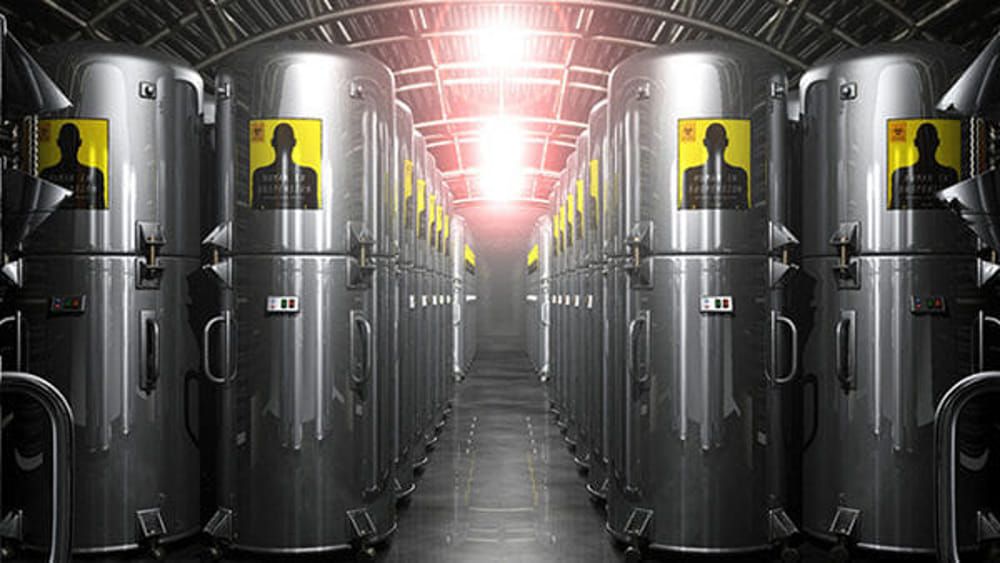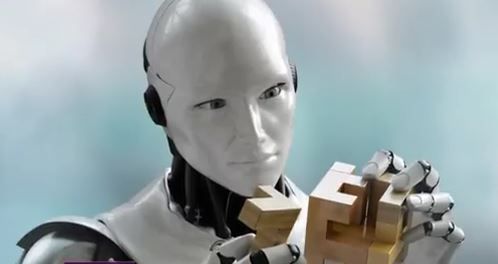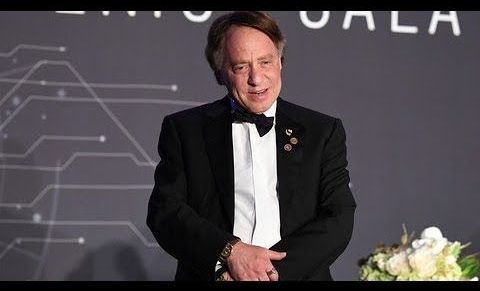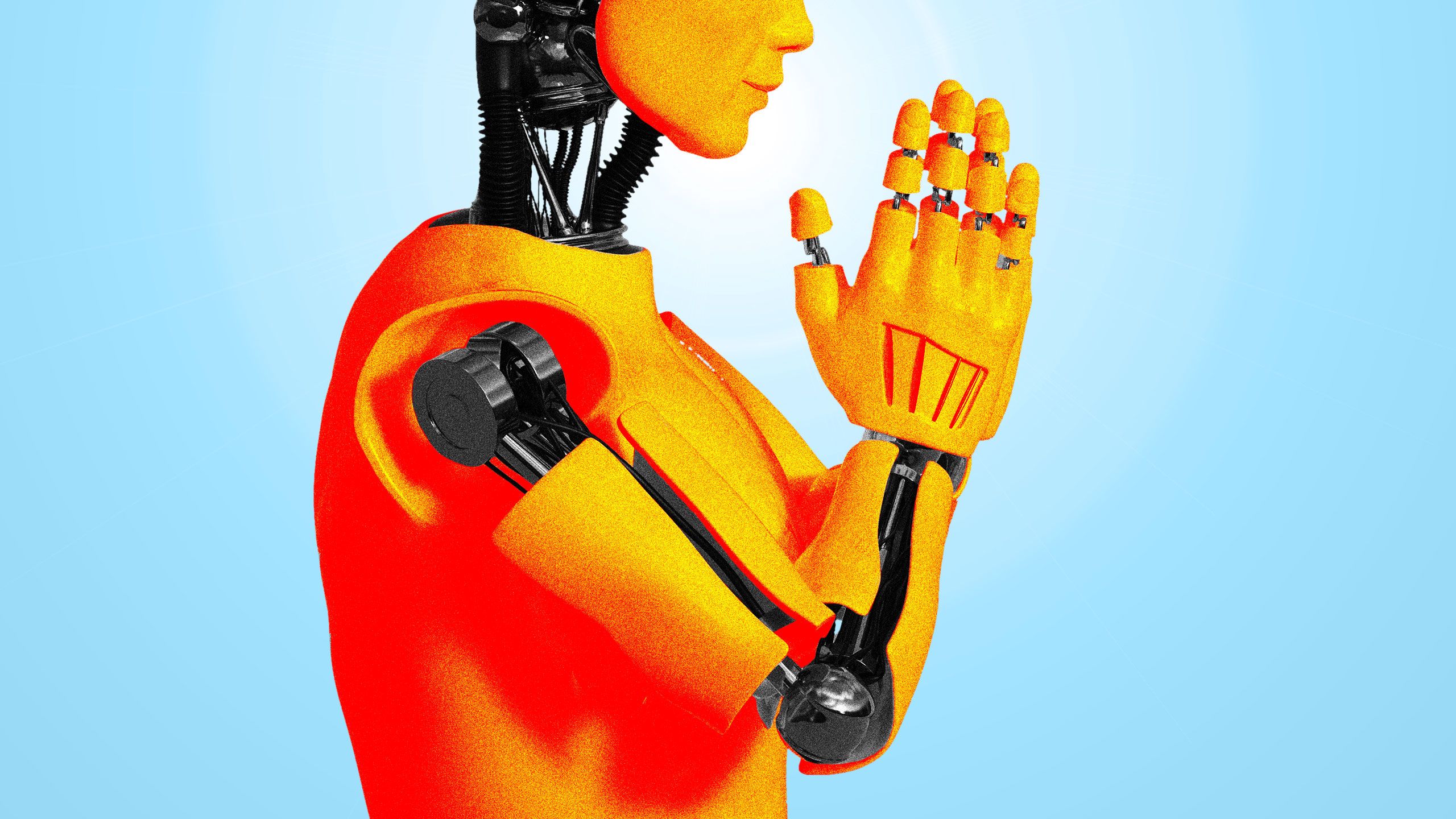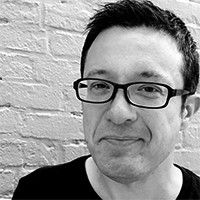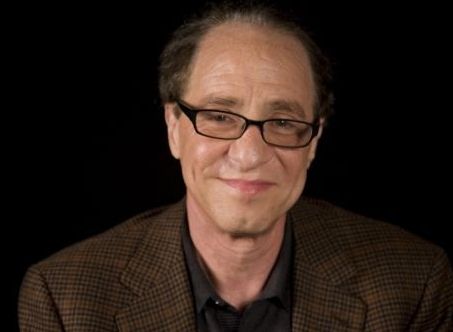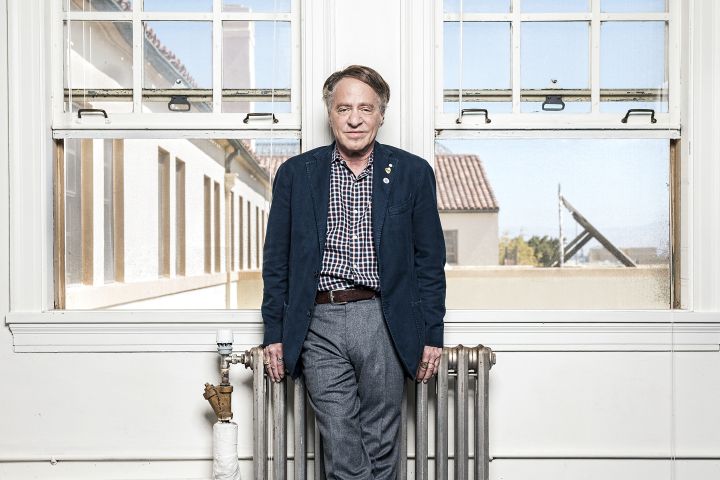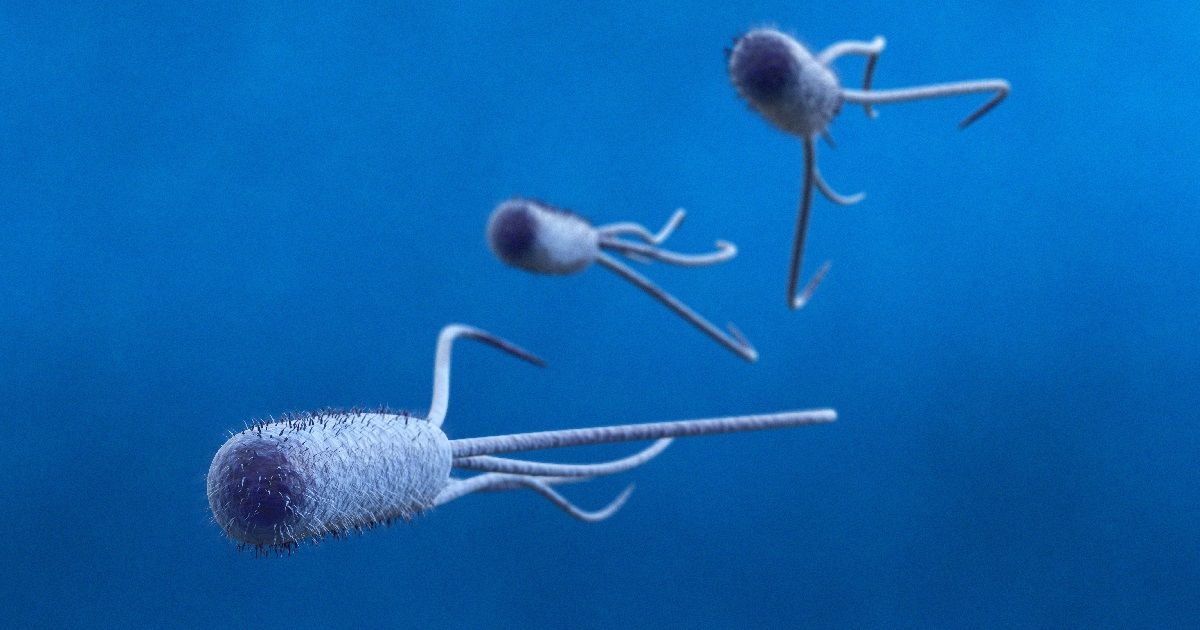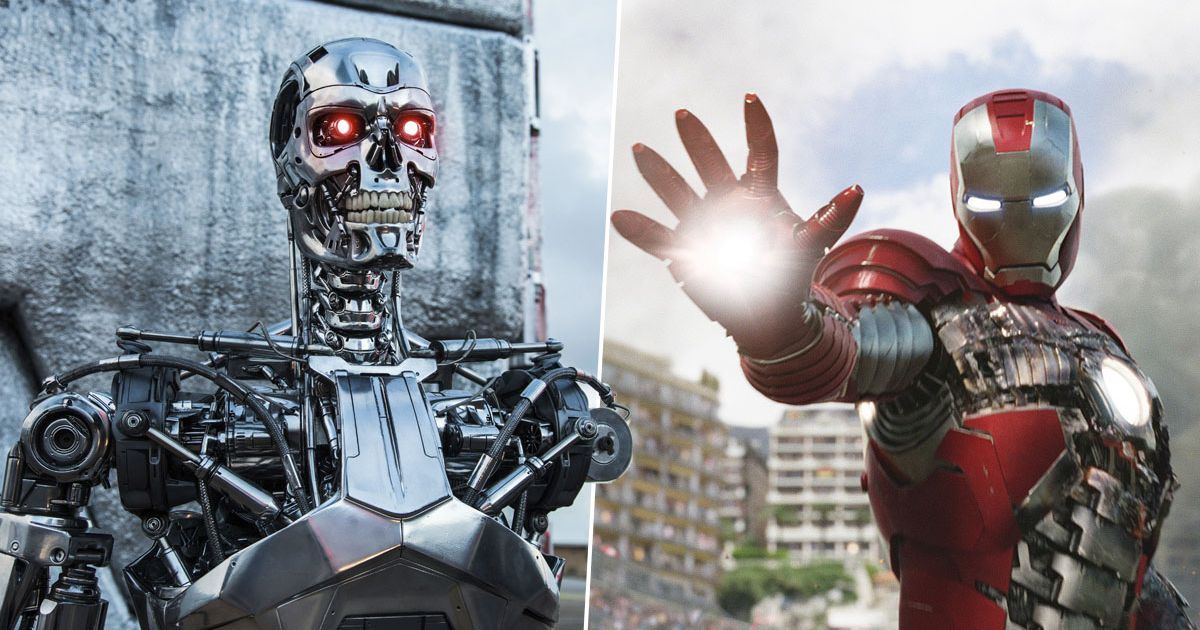All over Silicon Valley and the regions that imitate it, executives follow weird revitalization fads. They think the code of aging can be hacked and death made optional. Daniel Gross, a partner at Y Combinator, fasts enthusiastically—and encourages others to do so—because he believes it will extend his life. Inventor Ray Kurzweil swallows 100 supplements a day for the same reason, presumably so he’ll live long enough to be uploaded into the singularity, circa 2045.
But you don’t have to be a prophet of posthumanism to wish for a few more good years. I’ve followed my own antiaging routines: For a time I ate 30 percent fewer calories than recommended, and I now starve myself for 16 of every 24 hours. And while there’s certainly plenty of folly in the tech elite’s quest for immortality, I’m glad they’ve embarked on it—for reasons that go beyond sheer entertainment value.
